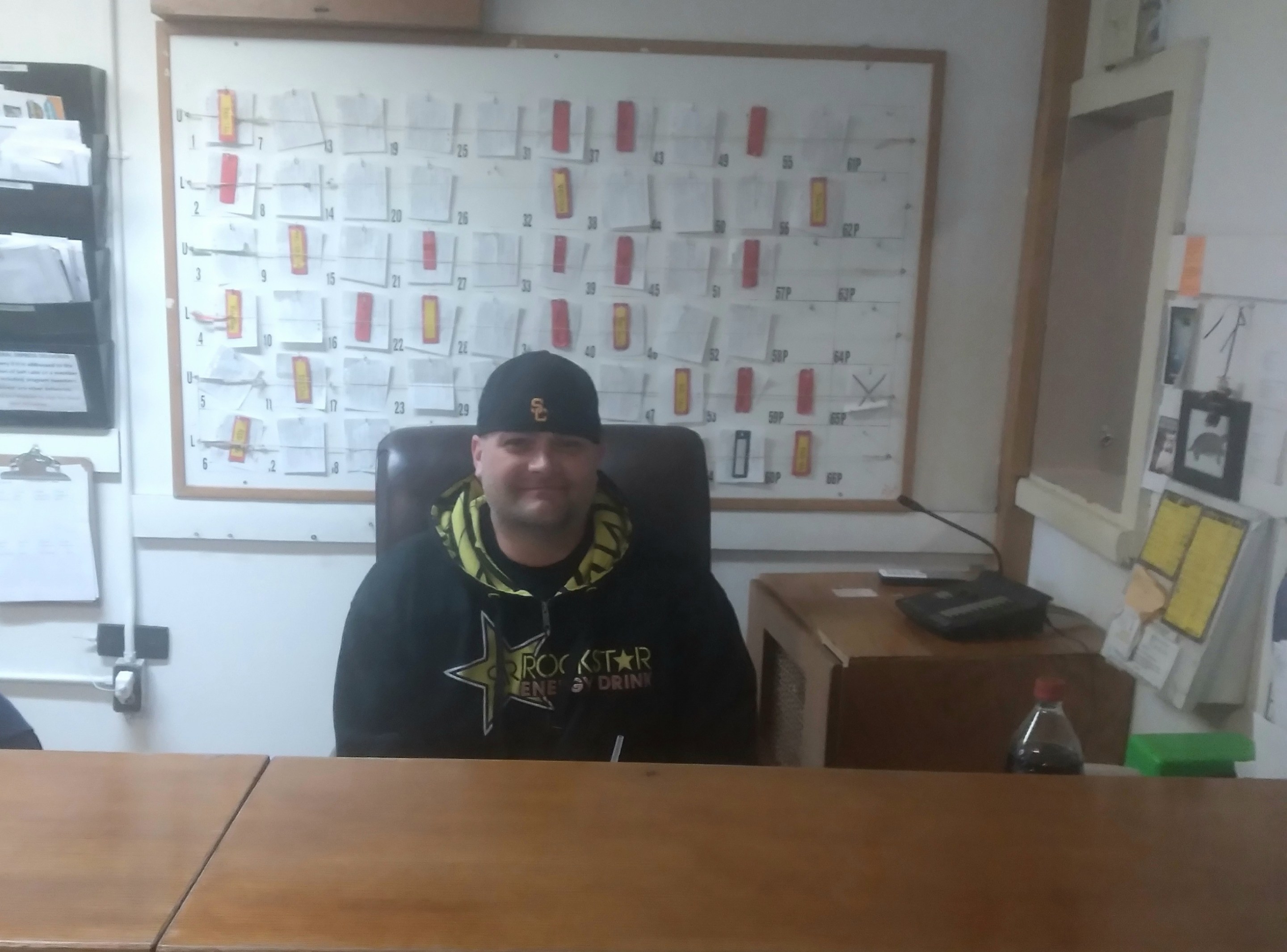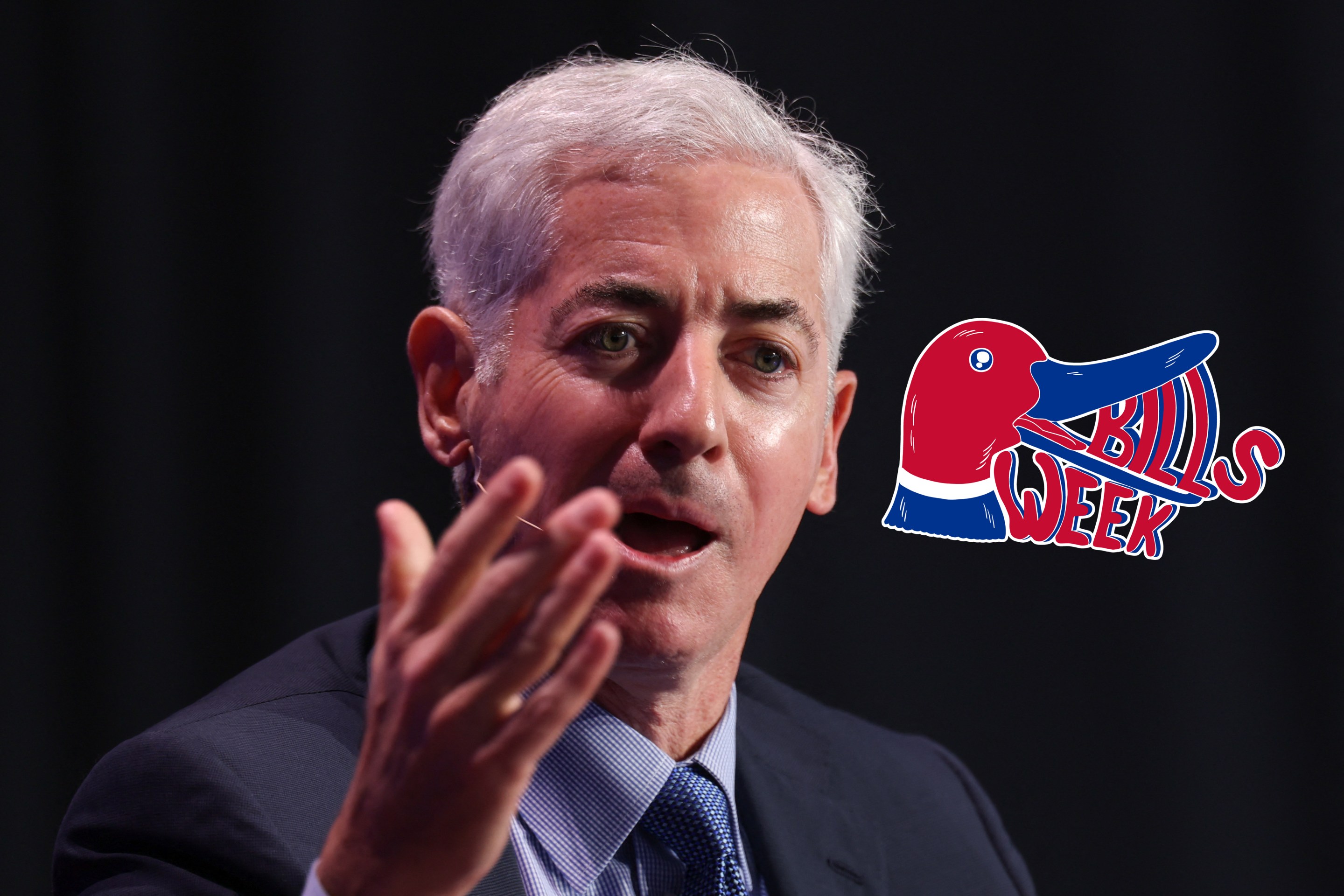Welcome to How Are You Coping With That? a recurring column in which Lori Teresa Yearwood talks to people about how they are coping with hardship.
In one sense, Greg Turner's homelessness started in the eighth grade, when his father went to prison for drug use, leaving Turner searching for shelter on the closet floors of friends' homes.
Now in a transitional house for homeless men in Salt Lake City, Turner, 37, instinctively answers my question about when his homeless started, with the earliest memory that he can claim about his life.
“In the first two years of my life, my mother used to punish me by slamming a meat cleaver against the back of my legs,” Turner says. His father took Turner and moved them both from Germany to Utah, leaving the mother behind, Turner says.
What does that memory have to do with his homelessness, you might be wondering?
Not long ago, the widely assumed reasons for chronic homelessness seemed to fit neatly under the auspices of three general categories: persistent and severe mental illness; trauma; and drug addiction, says James Bray, who as the former president of the American Psychological Association, launched the APA’s presidential task force, Psychology’s Contributions to Ending Homelessness.
“But what we really know now is trauma is driving a lot of these conditions,” said Bray, a professor at the University of Texas San Antonio. “We didn’t know that then as strongly as we do now.”
“Chronic homelessness,” as defined by the United States Department of Housing and Urban Development, includes people who have been living in a shelter or somewhere deemed uninhabitable for a human for at least 12 months. The number of people who meet this criteria – approximately 110,528 of the 580,466 counted as homeless in 2021 –has risen by a startling 13 percent since 2019.
To understand how trauma can propel people into homelessness, it is important to note that trauma often starts with what researchers call adverse childhood experiences, often called “ACE’s.” The link between ACE’s and everything from behavioral issues to health problems and even to premature death, is clear, research has found.
And the reality is that when people become homeless, they are often further traumatized, physically as well as psychologically, experts say. This is why there is increasing clarity amongst mental health professionals about how substance abuse is often used as a mechanism to cope with the trauma, Bray says. Referred to as “self medicating trauma,” the coping mechanism almost always creates a kind of snowball effect that results in increased trauma, which is one of the reasons why those working with at-risk groups are drawing more attention to the interplay between trauma and substance abuse.
In the dining room of the Rescue Mission, a faith-based nonprofit that provides everything from hot meals to Bible sermons and hygiene kits to hundreds of unhoused individuals every week, I speak with Turner about life after his father went to prison. He moved into a relative’s home, where, he says: “there was a lot of fighting and my uncle ended up kicking my dog – a dog that was theirs, but I slept with him – down the stairs. And that ended up killing it.”
In addition to the refuge of his friends’ closets, Turner says he tucked himself into the hollows of the boats he found docked in suburban Utah. This went on for about a year, with Turner slipping through back doors and into school classrooms. After about a year though, Turner's teachers linked his rumpled clothes and inability to stay awake during his academic lessons to his homelessness, and asked Turner about his living situation.
After that, Turner was put in foster care, where he lived in an seemingly endless number of homes. He remembers living with a hoarder, with bossy people, with kind people. Meanwhile, some of the adults at his school tried to encourage and mentor him. They took him to lunches, showed him they cared. But in the chaos of his life, Turner was unable to focus on his studies, dropped out of high school in the 10th grade, and began living on the streets and in homeless shelters across Utah.
Sitting on a folding chair beneath a sign quoting a Bible verse from the book of Matthew, “The man built his house upon the rock,” Turner says his life has often felt like a series of nonsensical meanderings. Kind of like the movie Forest Gump, he says. Except the situations he’s been in almost always revolve around homelessness or being on the precipice of homelessness.
Last year Turner caught a Greyhound bus to New York City and got a job in a dog food factory cleaning the dust and debris that fell from the machines onto the floors. He stayed in a shelter and then moved into a small efficiency with one of his co-workers. New York was great, he says. He loved the New York Public Library. He even loved the traffic.
But then, for reasons unknown to him, he says a familiar pattern made itself known once again: He began to feel uncomfortable with the structure and anxiety-provoking responsibilities of mainstream life.
“I know there is something in there that isn’t quite right,” he says, pointing to his head. “I do think it has to do with the trauma I’ve been through. But I’ve never been to trauma therapy or really talked about trauma.”
If he thinks about his past instead of his future, he starts to ask himself questions: “Why am I alone? Why don’t I have my own family?” What feels especially frustrating is his confusion about what he wants out of life, he says. He can’t nail anything down. “I’ve experienced so much and I still don’t know what makes me happy or what I want for my future.”
After a couple of months, Turner left New York, drifted around for a while, pawned a watch for $60 and got a bus ticket back to the Rescue Mission in Salt Lake City.
Here at the mission he oversees the front desk. He answers questions, explains the rules, checks people in and out of their rooms. He feels safe at the mission, he says. Not too stressed by responsibilities like rent and getting along with a roommate.
But he concedes, as he peers through an open door onto a hardscrabble view of 400 West, a street where clusters of men spend their time waiting for the mission to serve its next meal, he’s not entirely sure he has what it takes to stick through the mission’s year-long program that gives unsheltered men a room and a bed, meals, job referrals and Christian-based counseling.
Last October, Turner says he got caught drinking at another sober-living home and, as a result, got kicked out. I ask him why he broke his sobriety.
“Because I had just finished work and there was a place to buy a drink across the street,” he says, shrugging his shoulders.
Upset at himself for breaking the rules and upset that he had just lost his home, he got in his car and drove his car into a freeway embankment. He was then arrested for driving while under the influence. He totaled his car and won’t hold a driver’s license for another year. He had stopped using heroin in 2020, he says, an addiction he got tangled up in his early 20’s. “It numbed everything and made everything easier,” he concedes.
But he stopped, he says, because he could see the cycle: He would get a fast food job; buy some drugs and get addicted; And soon his life would fall apart. Heroin is readily available within the unsheltered population, Turner says. So easy to get, Turner says, that he turned himself into an Oregon jail in 2020 for stealing a car—a punishment he had previously evaded—so he could spend four months in a jail cell without drugs.
He hasn’t done heroin since, he says. And his last drink was in 2021, when he crashed his truck.
Sometimes, as he’s manning the front desk at the mission, or when he’s sitting on his bed, preparing to face another day, he thinks: “Wow, if I had a drink I would feel so much better.” He prays a lot – while he’s eating, while he’s in Bible study. Keeping busy helps, he says. Plus, he picks up work through a temporary staffing agency once a week to pay for his drug tests and buy some snacks at the convenience store across the street.
He knows he could buy some alcohol. But Turner says his biggest motivation at the moment is sticking with the mission’s program and attempting to navigate life on his own, as opposed to breaking free from its daily structure and falling into old habits.
“I always think: I could go get a job and get my own place and do this myself,” Turner says. “But then I think: Yeah, but that’s never worked before. I need to build myself up a savings before I go out there on my own.”
Then there is always the fact that: “I don’t know what normal is.” In other words, he says, the drugs help him feel comfortable with being uncomfortable.
“When I tend to do good for myself or when I start to change my life, it’s scary for me,” he says. “When I even get a job and have a roommate and someone who is willing to let me move in, it gives me anxiety because I’m not used to that. It’s about being out of my element.”
He’s going to weekly Alcohol Anonymous meetings, as well as daily Bible study classes. He’s also immersed in the mission’s counseling program. I ask him if all that self-care makes him feel more grounded. He says he doesn’t know what grounded means. Centered in your body, I answer. Calm. Confident. “I don’t know what that’s like,” Turner answers back.
While the mission provides some stability, his desk job at times entails watching desperate men cuss and steal from each other. Just recently he encountered a man lying on the floor in the grip of an overdose. While Turner waited for the ambulance to arrive, he locked eyes with the man, willing the other man, Turner says, not to succumb to a void through which he might never return.
His counselor at the mission, George Sproul, says this is Turner’s third stay at the organization. Sproul says he continually talks to Turner about how “going back out there on his own is the definition of insanity.”
The two are working to nudge Turner in the direction of accepting that he has a substance abuse problem. The men who don’t make that acknowledgment wind up dead, Sproul says. In the 15 years that Sproul has worked at the mission, he has known upwards of 20 men who have died on the streets because of the lethal combination of homelessness and substance abuse, he says.
He and Turner are looking forward to the time when Turner’s growing stability will translate into a renewed driver's license, and then a commercial driver’s license that could allow Turner to make a living wage as a truck driver.
On our second meeting, I take Turner out for a cup of coffee at Starbucks for our interview. When we return, ambulance trucks and police cars block the entryway of the mission. It’s a pretty constant occurrence, Turner says.
His hazel eyes stare straight ahead, and the enormity of what Turner’s “normal” encompasses is starkly clear.
This story was supported by the Economic Hardship Reporting Project
To contact Lori Teresa Yearwood, please visit her website: www.loriyearwood.com.







